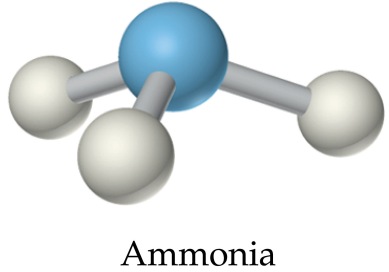From OilPrice.com, June 17:
Two recent explosions at hydrogen fueling stations may have soured the fuel’s reputation, but there is increasingly optimistic sentiment for it, with two reports last week claiming it will have an important role to play in the energy mix of tomorrow.
One of these, led by the UK Institution of Engineering and Technology, said hydrogen could come to replace natural gas as a fuel for heating in the country.
“We are now in a position to seriously consider the viability of using hydrogen in the UK’s gas grid for use by homes and businesses which could significantly contribute to the decarbonisation of the UK’s energy sector,” the lead author of the report, Dr. Robert Sansom said in a press release.
The fascinating part is that the hydrogen would be produced from natural gas: a process called gas reforming. This means hydrogen will not exactly replace natural gas, but rather become a gas-derived fuel to be used for heating. However, as is so often the case, the hydrocarbon-free alternative—hydrolysis—is too expensive to apply at the large scale needed to produce fuel to heat the 85 percent of UK homes that currently use natural gas.One approach NH3 - ammonia - three hydrogens attached to a nitrogen:
In all fairness, the authors note, “Hydrogen has not been deployed at scale anywhere in the world and so any proposal will need to compensate for this lack of experience. We know hydrogen produces no carbon emissions when burned but it is also important to fully investigate and understand the overall environmental impact a switch to hydrogen is likely to make. It’s fundamental that these areas, as well as others identified in the report, are comprehensively addressed before a programme of large-scale deployment is considered.”
In other words, for now, the stated benefits of hydrogen, even if it is derived from natural gas, which kind of compromises the zero-emissions purpose, are more theoretical than practical. It will be a while before the switch from gas to hydrogen begins.....MORE

Credit: This Condensed Life
Feb. 2019
Shipping: "UK Department of Transport recommends launch of ammonia / hydrogen powered vessels within 5-15 years"
Ammonia, it's what everyone is talking about.
And if your crowd isn't, you'll be the best-informed next-gen energy storage/transport-medium connoisseur at the Thursday afternoon salon!
Feb. 2019
Electricity: Here Come The Big Batteries
This is a very tricky time for end users weighing their options for long-lived energy storage infrastructure.
This article focuses on lithium ion batteries but there are a couple
other battery technologies that work for large scale uses that don't
work for vehicle applications, see links below.Additionally the use of ammonia (for the hydrogen) as an energy storage medium is being persued by some very big players, Yara, Siemens, and the U.S. ARPA-E researchers to name just three.
And as Australia is finding out with their giant Tesla lithium battery, the things don't work so well in extreme heat. Ditto for extreme cold as the owners of electric vehicles found during the recent polar vortex experience.
Aug. 2018
This Could Be A Big Deal: Norway's Yara and the Australian Nitrogen Economy
April 2014
Blimp My Ride: Taking A Deep Dive Into Hydrogen (Charts, Graphs, Tables, More)